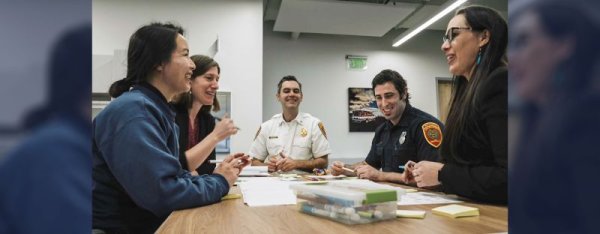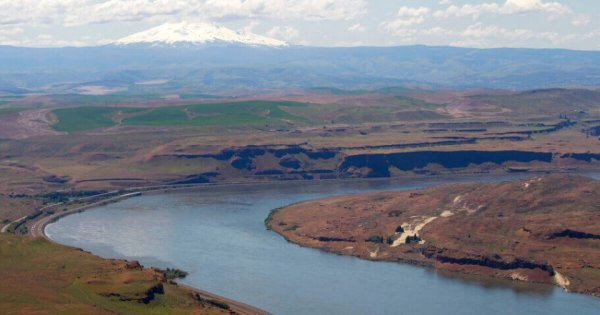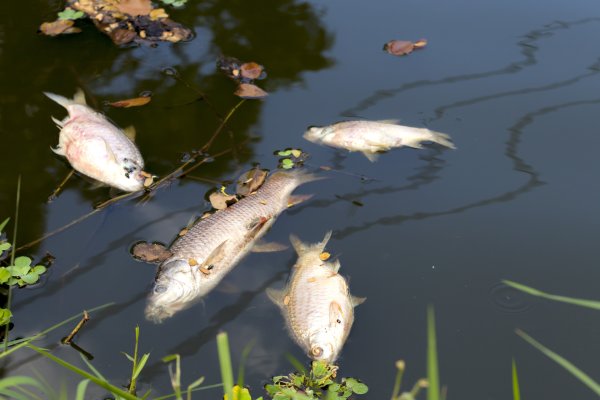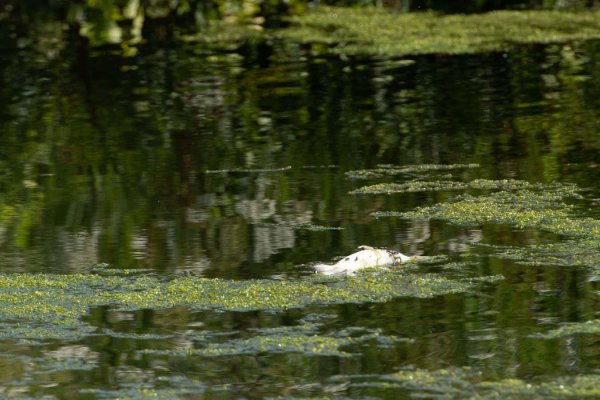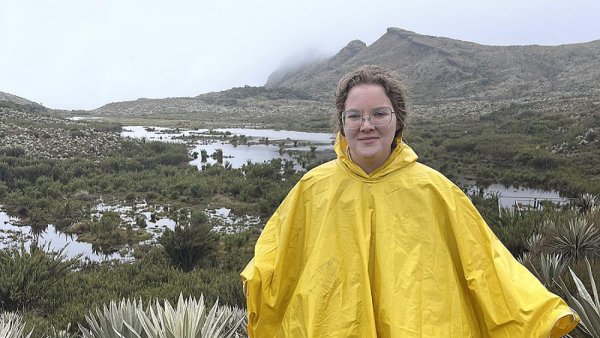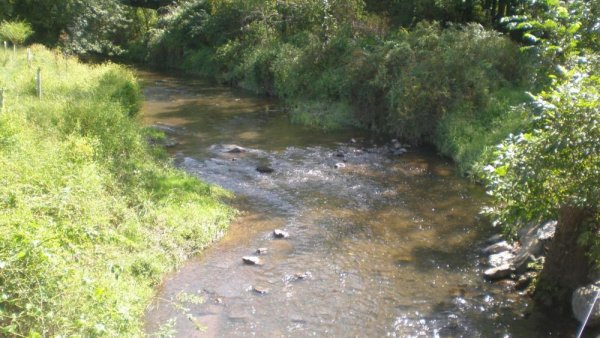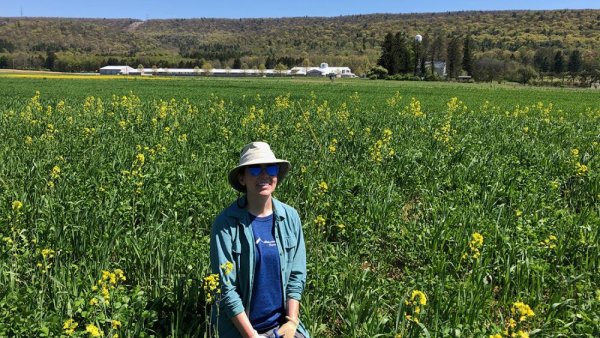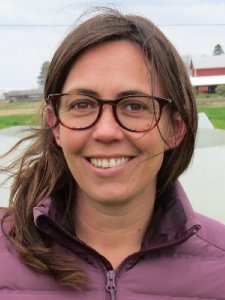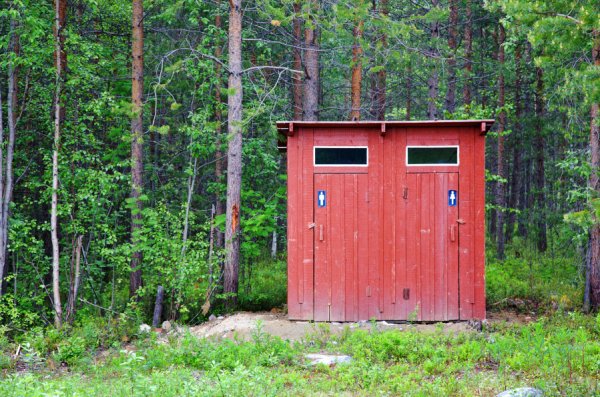From Jane to the Octonauts, children’s TV is taking on the climate crisis
| grist.org
Experts say these shows can help parents talk about a thorny subject — and inspire hope. This article quotes Erica Smithwick, Distinguished Professor of Geography.
Mentions
Civic Innovation Challenge awards $19M for climate change resilience and community-driven innovation
| new.nsf.gov
When a natural catastrophe strikes, how effectively are communities able to marshal access to resources and services? Across the nation, 19 teams of civic leaders and university scholars are working together to improve community effectiveness in responding to these challenges, supported by $19 million from the U.S. National Science Foundation in partnership with the U.S. Department of Homeland Security (DHS) Science and Technology Directorate and the Department of Energy.
Earth's rivers are warming up, which could threaten broad ecosystems
| kxlh.com
Scientists studied nearly 800 rivers in the U.S. and Europe, and found they're heating even faster than the oceans in places. This article quotes Li Li, Professor of Civil and Environmental Engineering.
Rivers are losing oxygen faster than oceans: "Wake up call"
| newsweek.com
Rivers are getting hotter and losing oxygen, with 70 percent of rivers becoming oxygen-deprived and more getting warmer. This article quotes Li Li, Professor, Civil and Environmental Engineering.
Oxygen levels are dropping in rivers across the US and central Europe
| newscientist.com
Rivers in the US and central Europe are losing their ability to hold oxygen because of rising temperatures, which could put fish at risk. This article quotes Li Li, Professor of Civil and Environmental Engineering.
As climate change warms rivers, they are running out of breath – and so could the plants and animals they harbor
| theconversation.com
When water warms, it holds less oxygen, and this can harm aquatic life and degrade water quality. A new study finds that climate change is driving oxygen loss in hundreds of US and European rivers.
Penn State-led team to study climate-threatened Colombian Paramos’ soil microbes
| psu.edu
Some scientists believe the Paramos, a grassland ecosystem found in the northern Andes Mountains of South America, are “the world’s fastest evolving and coolest biodiversity hotspot,” according to Estelle Couradeau, assistant professor of soils and environmental microbiology in Penn State’s College of Agricultural Sciences.
Mentions
Rivers rapidly warming, losing oxygen; aquatic life may be at risk, study finds
| psu.edu
Rivers are warming and losing oxygen faster than oceans, according to a Penn State-led study published today in the journal Nature Climate Change. The study reveals that of nearly 800 rivers, warming occurred in 87% and oxygen loss occurred in 70%.
Mentions
-
Li Li
-
Wei Zhi
 Wei ZhiFormer Assistant Research Professor, Civil and Environmental Engineering
Wei ZhiFormer Assistant Research Professor, Civil and Environmental Engineering -
Jiangtao Liu
PSU expert shares advice on how to navigate extreme heat closures with students
| wtaj.com
Since the school year began, many schools have been forced to temporarily close or cancel activities because of extreme temperatures, including some right here in our area. This article quotes Erica Smithwick, Director of the Earth and Environmental Systems Institute and distinguished professor of geography.
Mentions
Testing 58 wildlife species for SARS-CoV-2 among goals of $4.5M USDA grant
| psu.edu
While SARS-CoV-2 has been documented in some wild animal species in the U.S., such as white-tailed deer, most species have not been tested for evidence of exposure or infection with the virus. With a $4.5 million grant from the U.S.
Mentions
-
Kurt Vandegrift
-
Suresh Kuchipudi
 Suresh KuchipudiFormer Clinical Professor, Veterinary and Biomedical Sciences
Suresh KuchipudiFormer Clinical Professor, Veterinary and Biomedical Sciences -
Peter Hudson
USDA grant to fund research on ‘farm tuning’ cover crop mixtures
| psu.edu
With a new $650,000 grant from the U.S. Department of Agriculture, Carolyn Lowry, a plant scientist in Penn State’s College of Agricultural Sciences, will lead a research team designing cover crop mixtures that are more effective at providing an array of ecosystem services.
Mentions
States plea to keep parks pristine
| columbian.com
Earlier this summer, Adam Ducharme made an unpleasant discovery while helping volunteers install signs telling visitors where to camp, park or launch boats near Leadville, a mountain town surrounded by 14,000-foot peaks in central Colorado. This article mentions Penn State research.



